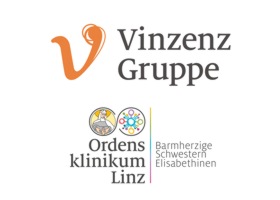Forceps biopsy and brush cytology during endoscopic retrograde cholangiopancreatography for the diagnosis of biliary stenoses.Tools Schoefl, R und Haefner, M und Wrba, F und Pfeffel, F und Stain, C und Poetzi, R und Gangl, A (1997) Forceps biopsy and brush cytology during endoscopic retrograde cholangiopancreatography for the diagnosis of biliary stenoses. Scandinavian journal of gastroenterology, 32 (4). pp. 363-8. ISSN 0036-5521 Für diesen Eintrag wurde kein Volltext-Dokument angefügt.
|
||||||||||||||||
|
|
|
|


 Tools
Tools Tools
Tools